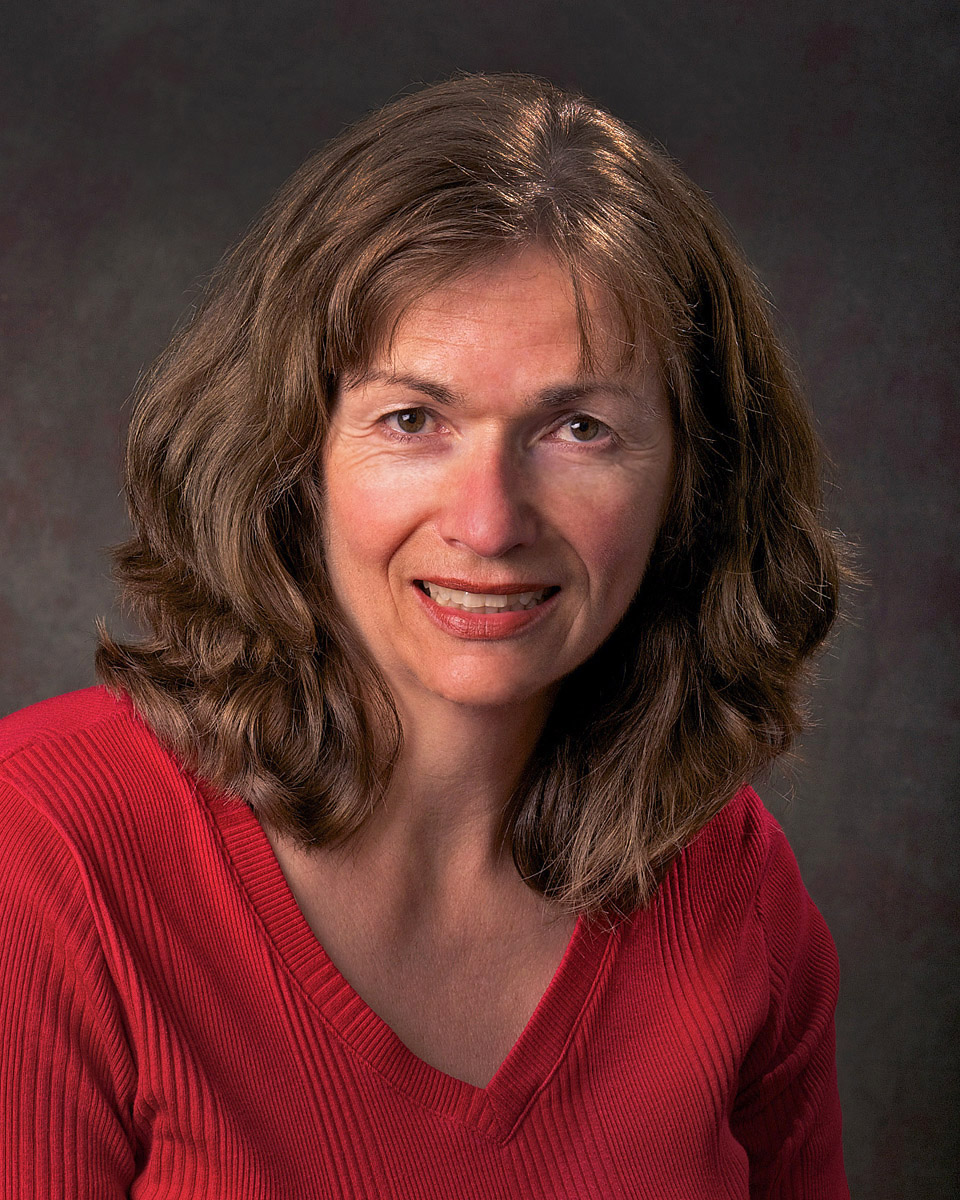
Strengthening Resilience: A Career Counsellor in Rwanda
February 3, 2016Careering magazine’s Winter 2016 issue looks at popular topic of “Resilience”
February 4, 2016To celebrate a decade of Cannexus, Canada’s bilingual National Career Development Conference, we asked 10 of our pre-eminent Keynote Speakers from past conferences to answer three questions about the past, present and future of career development. They had some important – and fascinating – things to say. Read their full responses at contactpoint.ca under Blogger Central.
Question: As you look ahead, what factor do you see most influencing the future of career development?
Dr Nancy Arthur is Professor of Educational Studies in Counselling Psychology and Associate Dean of Research at the University of Calgary
The future of career development is increasingly tied to local markets and world economies. There is an underlying tension in defining the work that we do – is our role to fill the labour market trends or to help people live satisfying lives? We are called upon to support our clients to determine how best they can live out the values that matter most to them, with or without the forms of employment that they would like to hold. More than ever, it is time for us to look beyond our roles of serving clients directly, to consider how we can continue to advocate with policy-makers to invest in the infrastructure to support people in building sustainable futures.
Dr Rod McCormick is a Professor in the Faculty of Human, Social and Educational Development at Thompson Rivers University
The growing recognition and acceptance that Canada needs to provide the same level of education, health-care and standard of living for Indigenous peoples as it does for non-Indigenous Canadians. Not only are we the fastest growing segment of the Canadian population (46% are under the age of 25), but we are increasingly being recognized as having a great deal of knowledge to offer non-Indigenous Canadians in numerous fields such as health, resource management, environmental protection, etc.
Dr Mark Pope is Chair of the Department of Counseling and Family Studies at the University of Missouri-St Louis’ College of Education
Career development has and continues to be influenced by the economic processes of society. As we moved into the new global/digital era, the field had found itself being extended in a variety of new directions with an increasing societal focus on culture and poverty, the environment, rapidly advancing technology, and the shortening of the economic boom and bust economic cycles of capitalism. It is quite an exciting time to be in our field.
Dr Jim Bright is a Professor in Career Development at the Australian Catholic University and visiting Professor at the University of Derby
We are, have always been and will always be in the change business. In the exciting embrace of the new, it is always tempting to abandon the past. From a Chaos Theory of Careers perspective, order and disorder are composites of the same reality and patterns emerge where characteristic repeating patterns can be discerned in the novelty. Increasingly it is, and it will be apparent, that the present is part of the past, and the past and present are part of the future. For career development, and more importantly the users of our services to thrive, we must continue to appreciate and reflect in our work the relationship between order and disorder, change and stability and individuality and community.
Dr Rich Feller is a Professor and University Distinguished Teaching Scholar at Colorado State University
The inability for the economy to naturally create enough livable wage jobs to meet the high personal satisfaction and engagement needs of traditional workers. As a result society will have to decide how to subsidize access to training, income and privileged information (which is very much tied to social capital). The present bifurcation of access, income and wealth creation will expand as exponential growth and disruptive technologies will reframe what are understood as good, bad and not enough jobs. Increasingly people will come to see their identity tied to relationships and their success tied to adaptability
Dr Mark Savickas is Professor of Family and Community Medicine at Northeast Ohio Medical University
Individualization of the life course and career path is the hallmark characteristic of the global economy. Digitalization, like industrialization before it, had reorganized the way people work and make a career. In this risk society with high levels of uncertainty, individuals must learn to develop themselves through work and relationships, rather than depend on institutions to show them the way. The two meta-competencies of identity and adaptability will help individuals make their own way in this new world.
Roxanne Sawatzky is the founder of Empowering Change and specializes in employment services for marginalized populations
I think Canada has spoken loud and clear that they want change and I think that desire for change is going to ripple into career development. The practitioners I meet day-to-day have passionately shared that they want to be both effective and skillful in their interactions with those they serve. I believe we will see a significant rise in bottom-up and side-to-side leadership where practitioners will greatly influence career development and they will be the change they want to see.
Dr Denis Pelletier is a Professor at the Faculty of Education Sciences at Laval University and co-founder of Septembre, a publisher specializing in the field of career and education
There is an important distinction to be made between choosing and deciding. Choosing is a cognitive activity while deciding has to do with motivation. I am now looking for a decision-making equation that takes into account the conditions through which the decision becomes affective and effective. Luckily, I have access to a large quantity of responses obtained from a study on seizing opportunities. Opportunities feature a strong, intense moment, in which one is offered a real opportunity to “take it or leave it,” with little time to decide – with all the attendant unknowns. I believe that the decision, in this context, is mostly emotional, and that it overcomes the uncertainty and complexity by making an intuitive assessment. Could this be a promising future direction for career counselling?
Dr Norman Amundson is a Professor of Counselling Psychology at the University of British Columbia
I am hoping that career development will continue to direct efforts toward current social, political and economic events. For example, the need to offer assistance to refugees and immigrants should include a strong career development component. Demographic shifts need to be addressed through a life-long career development approach. Working with diverse, indigenous and multi-cultural clients also requires some attention. We are living and working in an increasingly complex and diverse society, and career development needs to play an integral part within that ever-changing and evolving landscape.

Career development is part and parcel of both community development and spiritual development. Rather than looking to create new and shinier models of career development, we will bring a sense of curiosity and humility to what we can learn from those who have traveled the distance in other times of great change. We are on the frontier, but when has that ever not been true? I do believe that at the heart of career development lies the eternal question, “What part shall I play in the larger world before me?” In that spirit, more stays the same than changes.









